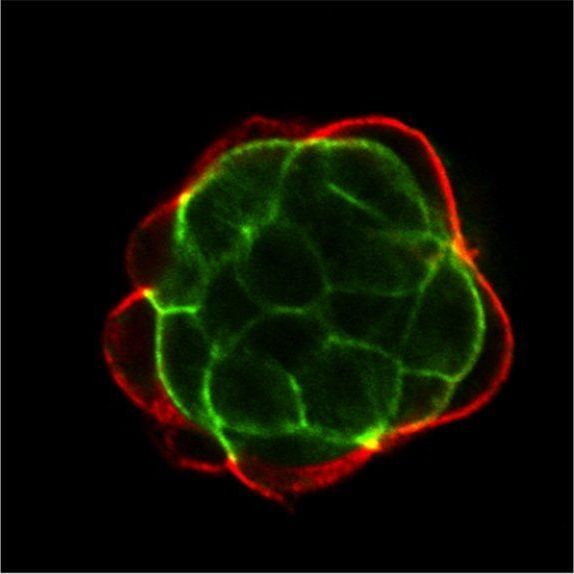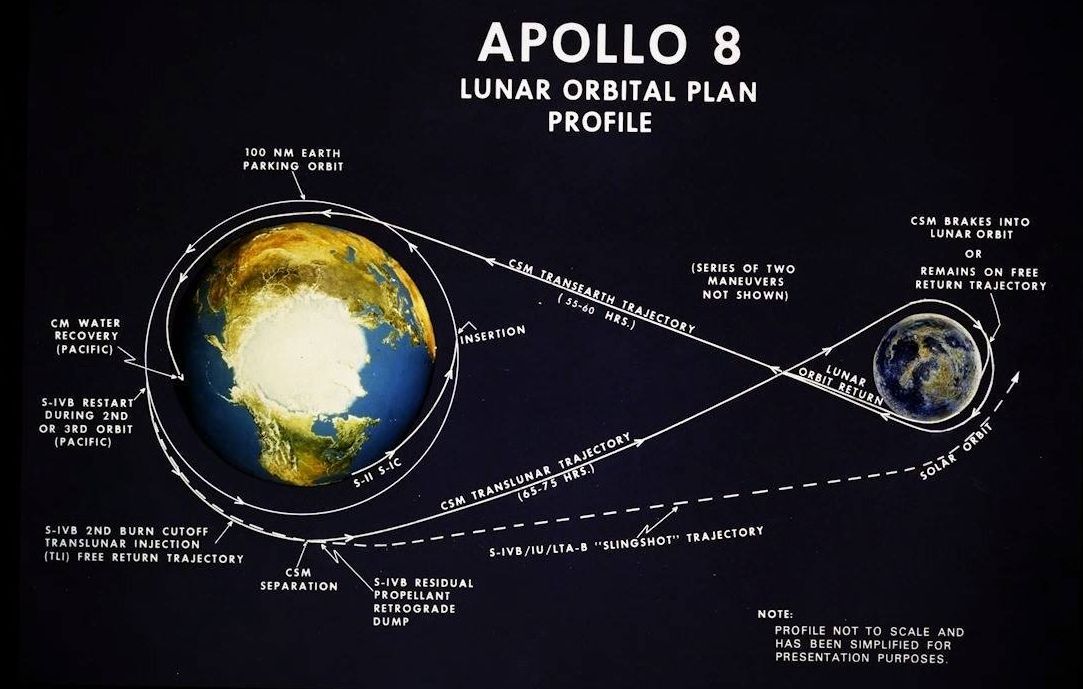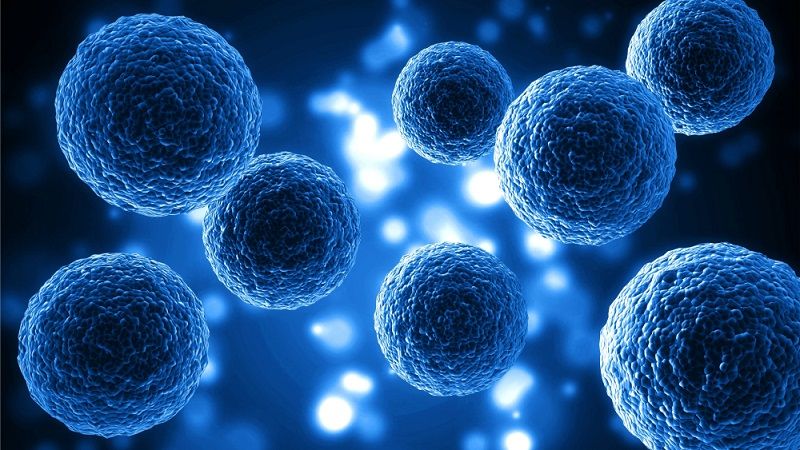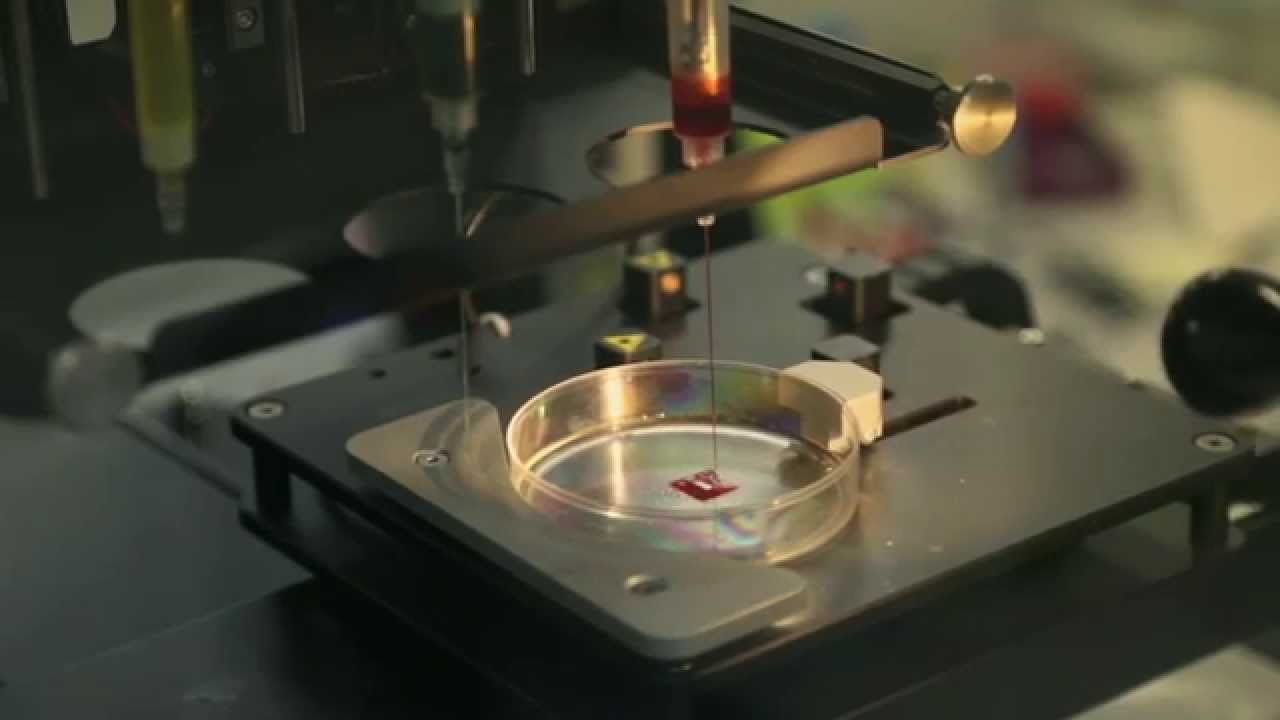Dec 11, 2018
The Geminid meteor shower is coming to a sky near you Thursday night
Posted by Michael Lance in category: space
There’s a cool doubleheader in outer space this week: In addition to the fly-by of comet 46P/Wirtanen over the weekend, the often spectacular Geminid meteor shower will also make its annual appearance Thursday.
With hundreds of meteors streaking across the night sky, the Geminids are often the best meteor shower of the year. “The reliable Geminid shower counts as one of the year’s best, peppering the nighttime sky with 50–120 meteors per hour at its peak,” noted EarthSky.org.
More good news: The crescent moon will set around 10:30 p.m., leaving the rest of the night moon-free, Astronomy.com said. Observers under a clear dark sky can expect to see an average of two per minute.
Continue reading “The Geminid meteor shower is coming to a sky near you Thursday night” »


















